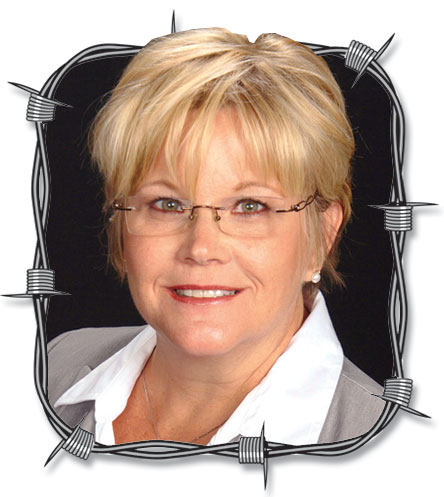Under the IRS hobby loss rule if you have losses in connection with any farming activity, whether livestock, horses or crops, the IRS may suspect that the activity is engaged in as a hobby rather than a business, particularly if there is a history of losses.
One of the elements in the IRS hobby loss rule is called “Expectation That Assets Will Appreciate in Value.” The leading case on this point is Engdahl v. IRS. The taxpayer’s land appreciated from $83,146 to $225,000 over a several-year period. The Tax Court held that this in itself was indicative of a profit motive. There are many similar rulings in Tax Court cases.
One important Tax Court case observed: “If losses, or even repeated losses, were the only criterion by which farming is to be judged a business, then a large proportion of the farms of the country would be outside the pale. It is the expectation of gain, and not gain itself which is one of the factors which enter into the determination of the question.”
The appreciation in value of farm property takes on importance particularly in situations where the taxpayer has been unable to show any profit years. Appreciation in value of your farm or ranch property can help prove that you have an honest expectation of making a profit despite a string of losses. The fact that a portion of your farm is used for a residence or other purposes does not preclude the IRS from considering overall appreciation in value.
According to tax regulations, the appreciation in the value of the land used in the activity helps to explain a taxpayer’s willingness to continue the venture despite operating losses sustained during a number of years. It is strong evidence that the taxpayer conducted the activity with an honest and actual objective of making a profit.
Coupled with appreciation in value is the question of whether you have implemented improvements that enhance your property as a working farm. Pastures, fencing, barns, arenas, storage facilities, irrigation, ponds, lighting and landscaping all fall within the type of improvements likely to fall into this category.
Sometimes the IRS will argue that the farm property is not economically tied up with the land, so that any appreciation in value is largely irrelevant.
It is recommended that taxpayers get a formal appraisal of their property every couple of years, in addition to complying with businesslike methods of operation, to help show that the value of the land has increased so that if the farm were sold, there would be a significant recoupment of past losses. In a formal appraisal, the appraiser should be able to say that the land is used exclusively for the venture, and that the highest and best usage of the land is that of a farm, whether it is a horse farm, cattle ranch or agricultural activity.
You should also be able to prove that the land was purchased, maintained and improved with the expectation that it would appreciate in value, and this increase would enhance the overall profitability of your venture.
In addition, appreciation in value of assets used in the activity takes into account the appreciation in value of the animals owned by the taxpayer and utilized in the venture. The fact that certain animals have increased in value because of the efforts of the taxpayer tie into this factor even though the assets were not sold. The actual or potential increase in value should be documented by an auction agent or qualified livestock appraiser.
John Alan Cohan is a lawyer who has served the livestock, horse and farming industries since 1981.





